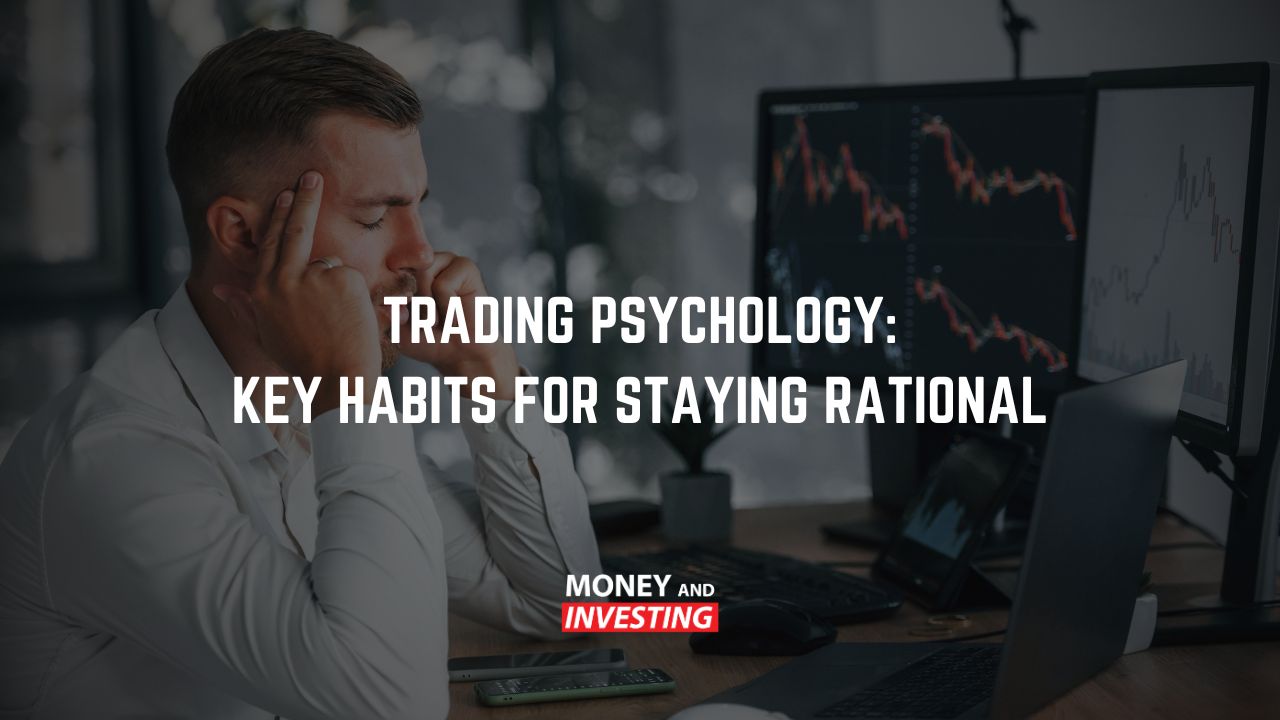Market volatility is a natural part of investing—but how you react to it can be the deciding factor between success and failure. Beyond data analysis and market trends lies a deeper driver of every trading decision: trading psychology.
While many traders are equipped with technical skills and strategies, it’s emotional discipline that separates the average investor from a consistently successful one.

The Impact of Emotions on Trading
In periods of intense market movement, emotions like fear and greed often override rational thinking. This can lead to panic selling, chasing trends, or complete inaction. When emotions dominate, following a trading plan becomes difficult, and decision-making deteriorates.
Successful traders understand how these emotional responses influence behavior. They know that even the best strategies can fail without the ability to manage psychological pressure.
The Market Timing Myth
Trying to perfectly time the market—buying at the lowest point and selling at the highest—seems logical but rarely works in practice. In fact, this mindset can put investors at a disadvantage.
Research shows that missing just the five best trading days in a year can cut an investor’s annual return by up to 70%. Rather than chasing perfect entry and exit points, seasoned traders focus on long-term consistency and staying invested.
Emotional Discipline in Trading
Emotionally disciplined traders rely on structured systems that help remove impulsive decisions. This typically includes:
- Pre-setting limit orders
- Using technical entry and exit rules
- Conducting regular trade reviews
These habits allow traders to engage with the market using logic and preparation, not emotion.
Common Psychological Traps to Avoid
Understanding and recognizing mental traps can significantly improve your decision-making:
- Overconfidence – Believing you have superior market insight can lead to reckless trades.
- Underconfidence – After losses, fear may paralyze you even when opportunities arise.
- Confirmation Bias – Seeking only information that supports your opinion while ignoring contradictory evidence.
- Negativity Bias – Past losses skew your view of future trades.
- Herd Mentality – Following the crowd without a clear rationale.
Habits for Rational Trading
To cultivate emotional discipline, implement the following practical habits:
- Set Specific Trading Rules: Define entry/exit points and know when to pivot strategies.
- Rely on Technical Analysis: Use indicators like volume, price action, and chart patterns—not just headlines.
- Practice Open-Mindedness: Objectively weigh pros and cons before acting.
- Acknowledge Your Biases: Be honest about emotional triggers and blind spots.
- Maintain a Trade Journal: Record your decisions, emotions, and outcomes to identify patterns and improve over time.
Risk Management Starts Before You Need It
Smart traders prepare for downturns before they occur. Strategies like setting stop-losses or using options (e.g., buying puts during bullish runs) help lock in gains and reduce risk ahead of time. For example, using dividend income to fund protective positions can provide peace of mind and capital protection.
The Power of Planning Ahead
Making decisions before emotions come into play—such as setting limit orders or profit targets—removes the temptation to react impulsively. Predefined rules lead to less stress and better consistency, especially during market turbulence.
Clear exit strategies also help avoid the trap of chasing maximum profits, which often leads to missed opportunities or unnecessary risk.
Final Thoughts: The Discipline of Staying In
Stepping into the market takes courage, but staying in the market with discipline is where long-term success is found. That means:
- Sticking to a well-defined strategy
- Removing emotion from every decision
- Keeping your focus on long-term goals
- Accepting short-term losses as part of the process
Market fluctuations are inevitable—but how you respond is entirely within your control. With the right mindset, you can improve your decision-making and set yourself up for lasting success.
In the end, trading isn’t just about making money—it’s about mastering your behavior in the presence of money. The real challenge isn't predicting the next market move; it’s managing yourself.
Comments
Post a Comment